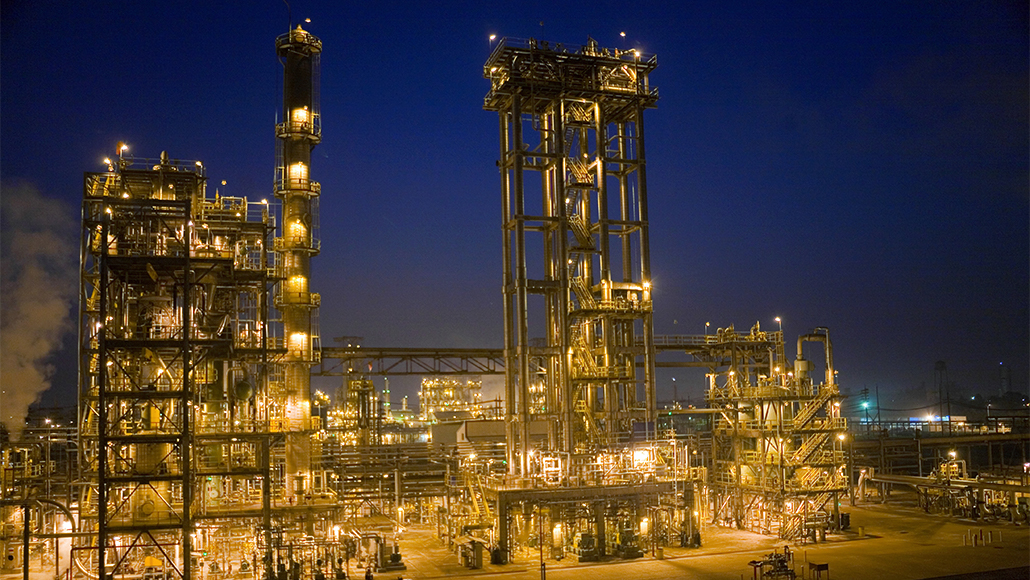In recent years, as climate change has come to the forefront of politics both domestically and abroad, one group of companies have been blamed time and time again for their influence on the shifting environmental patterns: Big Oil. The umbrella term includes six (sometimes seven) of the world’s largest publicly traded oil and gas companies. These include BP, Chevron, Eni, Exxon Mobil, Shell, and Total, and sometimes ConocoPhillips. Not only do these companies dominate the multi-trillion dollar industry that is oil and gas drilling and refining, they also have a major political and economic influence, especially in the United States. Especially in today’s political atmosphere, Big Oil is often times seen in a dark light as detrimental to the environment and a big reason for climate change. So who really owns this group, and how does it affect the environment?

Although the Big Oil group is headlined by large companies, the truth is that many Americans actually “own” Big Oil. Millions and millions of American households invest in oil, natural gas, and energy stocks, therefore giving them a share in these companies and making middle class Americans truly the majority owners. These companies are not owned by a small group of wealthy individuals, but actually by the people, and this ownership can actually have a strong positive impact on Americans’ lives.

A 2015 Sonecon study found that the strong oil and gas industry provides funding for the retirement plan for millions of Americans across the country. Teachers, firefighters, and other retired public employees receive strong returns from state funded investments in said industries. Returns on oil and natural gas assets proved to be much higher, on average, than returns from other assets, a whopping $2.30 per dollar invested compared to $1.68 per dollar. During both strong and uncertain economic times, oil and natural gas investments performed much better than other assets, and thus serve as a strong investment opportunity for millions of Americans across the country. So is it possible that the economic benefits of Big Oil outweigh the economic risks and the large energy companies should continue to be in business?

This question has burned brighter and brighter in recent years, and has come to a head in American politics. While scientists have repeatedly stated that we will face serious environmental hardships very soon if we do not rapidly reduce our carbon emissions, oil and gas companies have turned to more environmentally conscious methods for producing energy – or have they? While companies like ExxonMobil and BP have launched initiatives to find ways to produce energy from algae and other natural resources, these same companies also put millions of dollars into elections in order to support candidates that they feel will be more lenient with environmental policy and regulation. Whatever their ideals, it is difficult to ignore the drawbacks of Big Oil, including the dangers of oil spills, the disruption of wildlife and landscapes, air pollution, and many other effects that are tied directly to the oil and gas industry. As supporters of both sides talk louder and louder, this issue of debate will continue to be on the hot seat for many years to come. Where we end up as far as governmental policy and public view may have drastic effects on the lives of each and every American across the country.